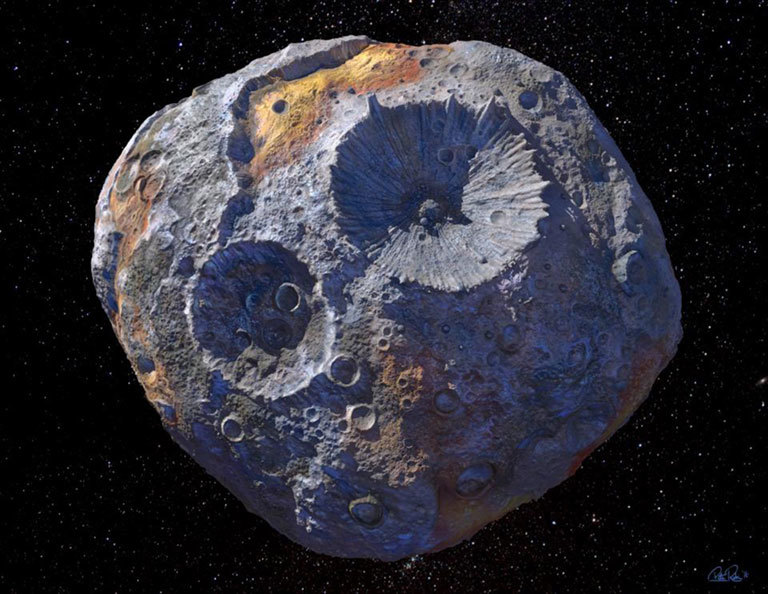A supernova or similar catastrophy on interstellar scale would not render Earth less hospitable than a space colony. It would render everywhere within conceivable reach inhospitable, discounting space colonies as a survivable alternative.
The worst asteroid impact we know of, the K/pg boundary one that wiped out the dinosaurs, left earth incomparably more survivable than the next best place in our solar system. Building shelters and a strategy to assist recovery would make infinitely more sense than building space colonies.
The only process I know of that fits the description is the inexorable brightening of the sun, which will not threaten complex life for a few 100s of millions of years.
Whether it's supernovas, asteroid impacts or the brightening sun, it's simply delusional to consider that any civilization, or even species for that matter, would survive so long it would make sense to plan for such time scales or infinitesmal odds.
You are right that long term survival 'cooped up in prefab shelters' is not sustainable, but you forget that terraformation, if possible at all, is a process that will take a number of generations. If it is to be run by people, you know up front that they will have to spend entire lifespans in habitats. This is a boundary condition for the whole undertaking. Those habitats cannot be like a submarine, whose crew's well being relies on the prospect of surfacing at the end of the dive. They must be capable of keeping their occupants physically and psychologically healthy indefinitely. So there is the paradox: the habitat that is capable of terraformation is one that overcomes the need for a terraformed planet. And so the justifiable question is whether its occupants will feel the need to pursue the project after the 3rd, 4th, 5th etc generation. There aren't many (any?) examples of such multi generational projects in human history.Terraformation isn't paradoxical, you understanding is somewhat flawed. Yes interim structures have to be robust enough to resist whatever environment, however you cannot deny that it is sub-optimal for everyone to live cooped up in prefab shelters all their life when they could be living like we do here on earth. Terraforming is not a flight of fancy, it's a necessity.











 Reply With Quote
Reply With Quote

















































